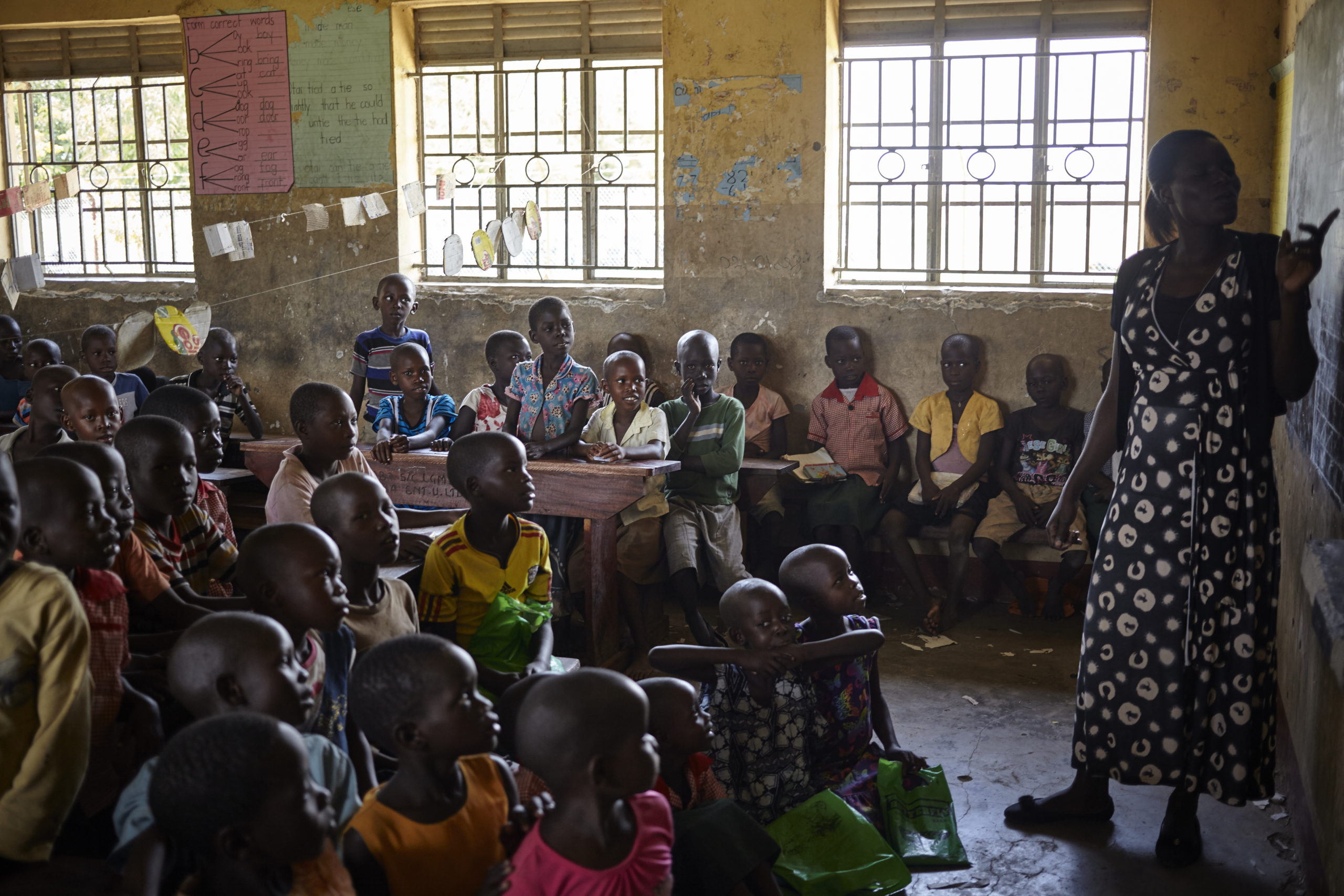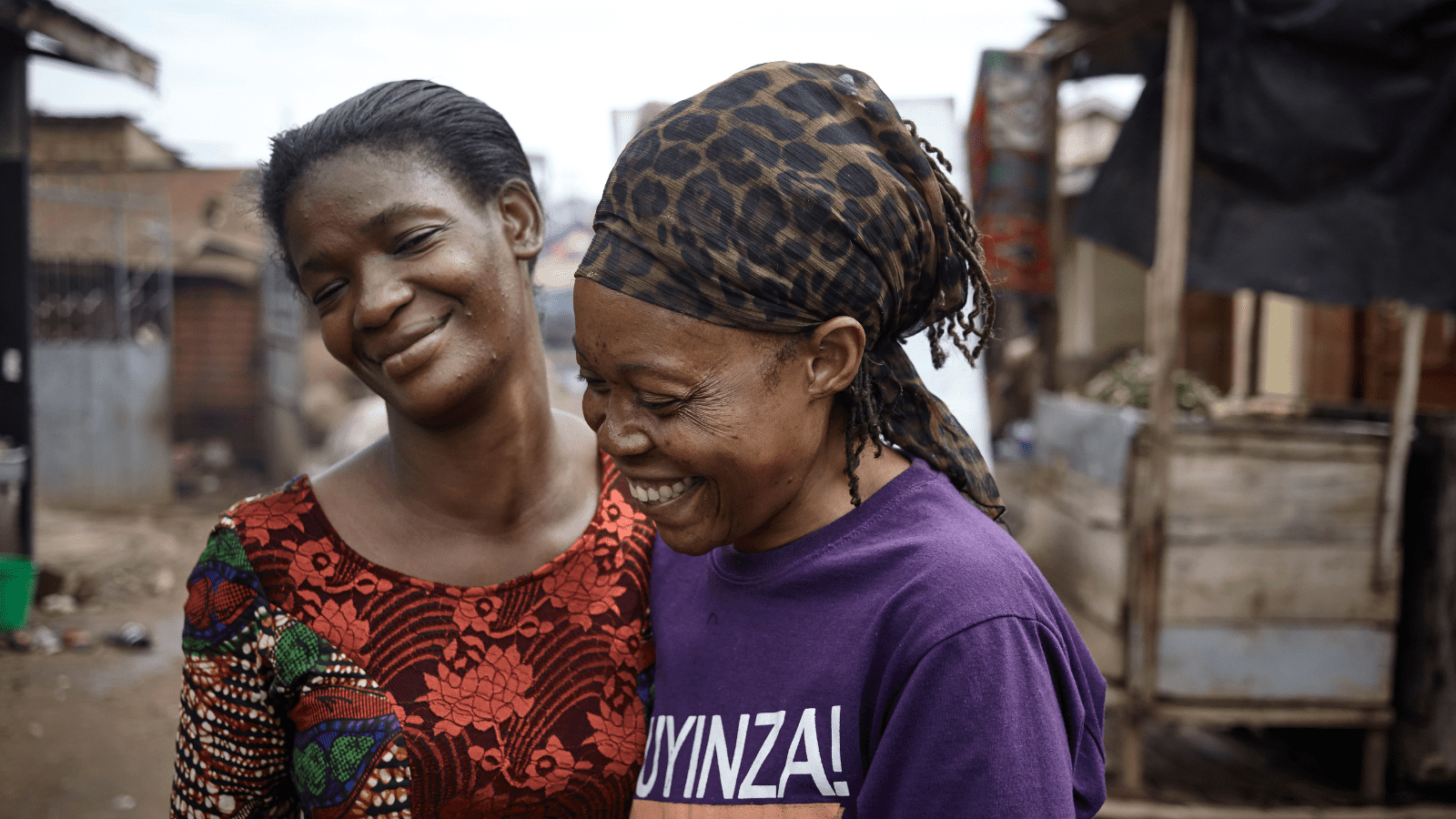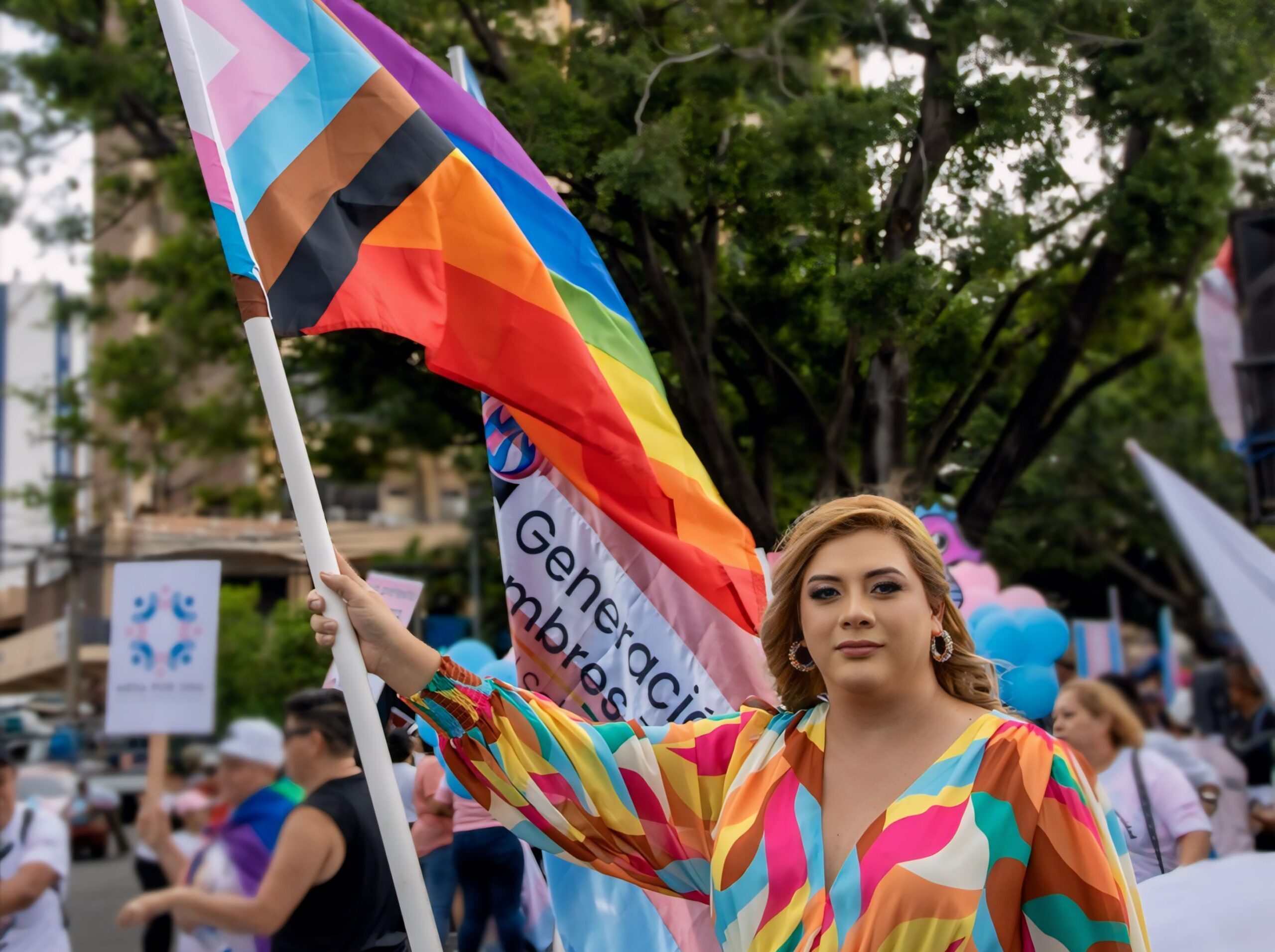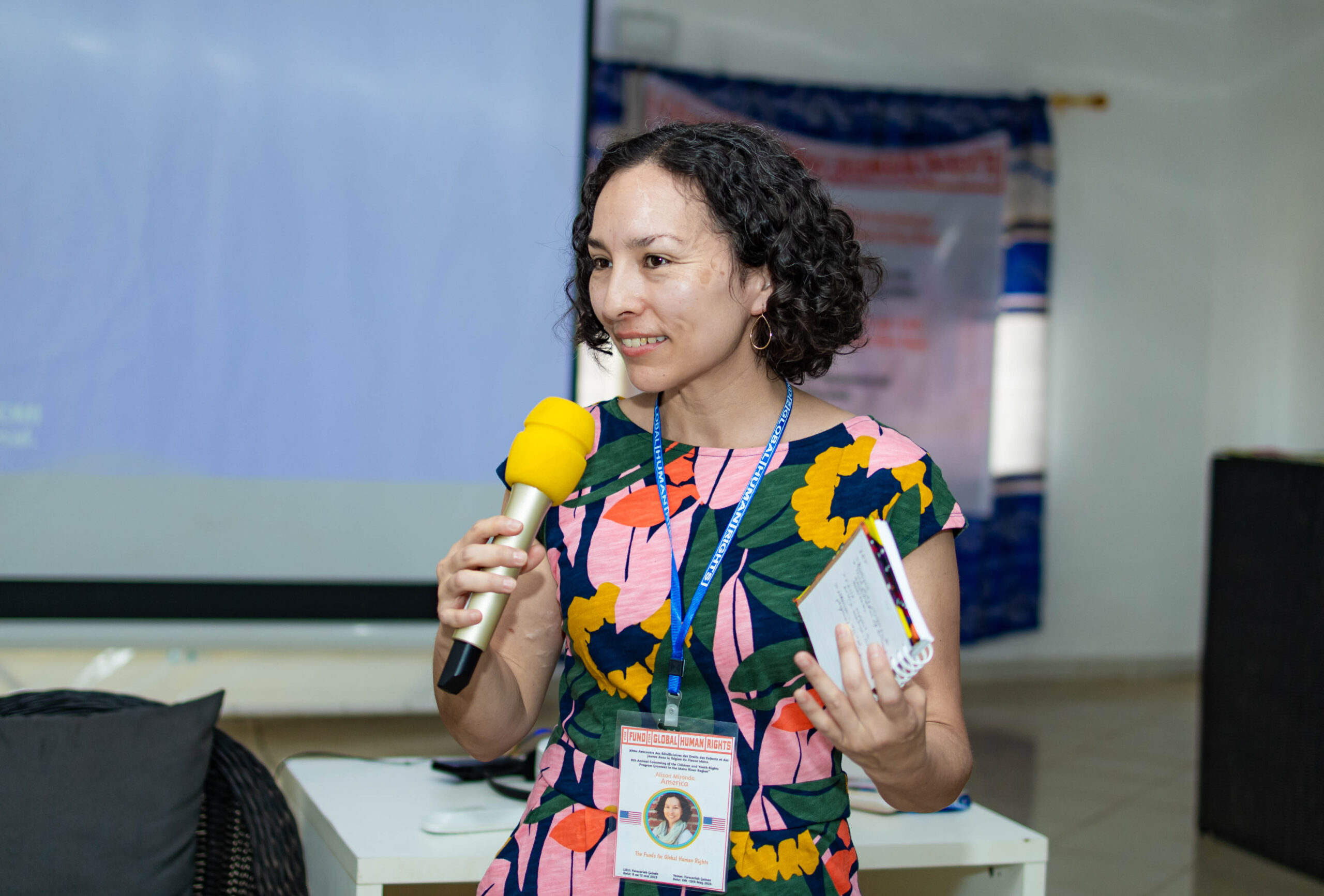This article is part of a series featuring inspiring stories of local action #fromthefrontlines of COVID-19 in the Global South. For more, visit our COVID-19 page and follow us on Instagram, Facebook and Twitter.
With back-to-school season right around the corner in much of the world, many families are growing increasingly anxious as education policymakers scramble to develop contingency plans for COVID-19. In Uganda, where the Fund supports several organizations dedicated to children’s rights, grantees are working at both the national and local levels to propose policy solutions and address the many practical gaps in access to education that often leave vulnerable children behind.
Since the COVID-19 pandemic forced most of the world into lockdown, schools across the globe have closed. In lieu of in-person education, some countries implemented diverse forms of remote learning—many of which have exposed or exacerbated the disparities in access to education that marginalized communities often face.
The Ugandan government has been working to facilitate remote learning primarily through television and radio educational programs. But many families in rural or impoverished areas cannot afford the necessary technology or broadband services. Though the national government promised to distribute printed educational materials as a stopgap measure, it has failed to deliver these resources to many rural communities that are harder to reach.
So far, local advocates say that the implementation has been “dismal” and that for many children there is no learning at all. Children with disabilities—over 2.5 million youth—were largely left out, though the government is currently working with the World Bank to produce materials for them.

Several Fund-supported groups are stepping in to assist Ugandan students and to advocate for their rights. They are providing them with learning materials and educating their families about mitigating the risks of COVID-19. They are also pushing the government to boost its investments in education, particularly to minimize long-term effects of school closures for vulnerable students:
- Initiative for Social and Economic Rights (ISER) has been a leading voice for marginalized Ugandan children, particularly those living with poverty or a disability. The group submitted an oral statement before the African Commission on Human and People’s Rights stating that in Uganda in the wake of COVID, “Education is in crisis.” In July, ISER also organized and moderated several of televised debates about the impact of COVID on social and economic rights, including one focused on education.
- The Lake Albert Children Women Advocacy and Development Organization (LACWADO)—a community-based organization dedicated to advocating for women, children, and disabled people in Buliisa and Masindi districts—has been conducting home visits to educate children and their families about coronavirus and provide crucial school supplies, including books, pads, pens, and pencils.
- Free Child Uganda, which focuses on advancing the rights of youth in the juvenile justice system, has continued to monitor violations of children’s rights. They are also partnering with local authorities to disseminate information about child rights and inform youth about the ways they can prevent the spread of the coronavirus.
- Rural Initiative for Community Empowerment, West Nile (RICE-WN), a local group that provides resources for children in the country’s West Nile region, has focused on delivering learning materials to the hardest-to-reach and most marginalized communities. They also offer small, physically distanced classes for children, and provide food and basic sanitary items to people with special needs.
The work of these local groups at the national and local levels is vital to the health and development of Ugandan children during and after the pandemic. With this support, marginalized children and communities living in poverty will have a greater chance to access their rights to education. The Fund supports the right of all children to learn and live freely, and we are proud to help provide ISER, LACWADO, Free Child Uganda, and RICE-WN with resources to improve opportunities for all children to realize their potential through education.


